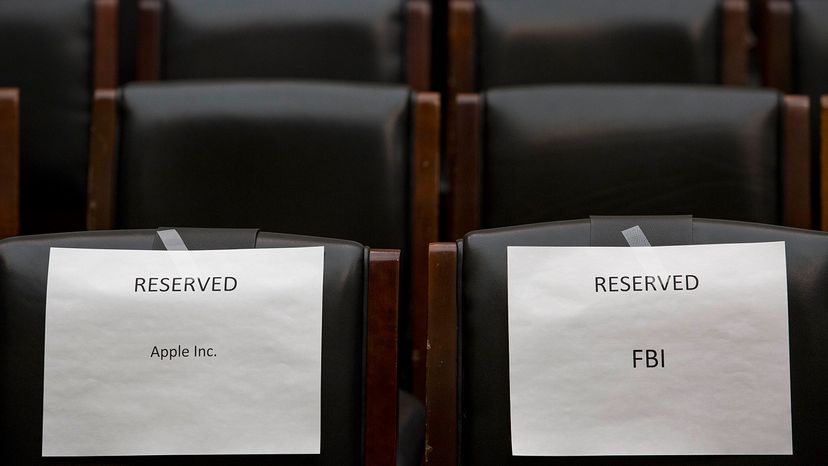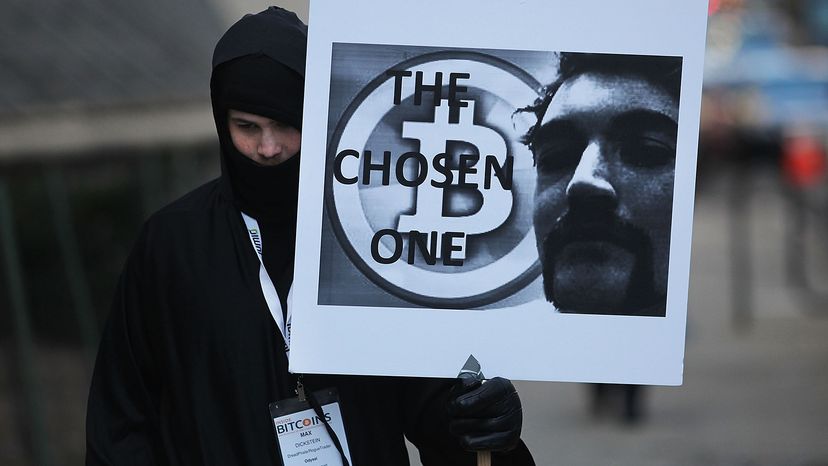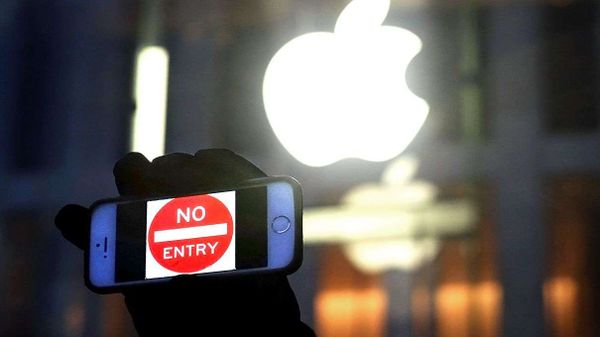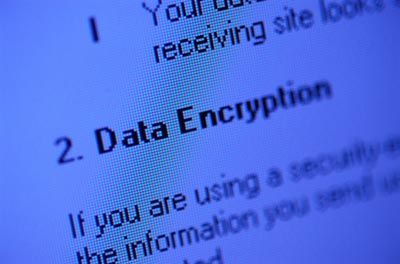And this is ultimately why undermining encryption is a cure far worse than the disease. We rely on encryption algorithms to secure our private data and the nearly $2.8 trillion global e-commerce market. A backdoor allowing a third party to read details of transactions means there will be a built-in way to snoop on countless credit card purchases. It also could be used to capture online banking sessions and other personal data useful for blackmail, identity and credit card fraud. Today, this sort of hacking requires tricking the user into giving hackers access to their computers and internet connections. A backdoor would make such snooping far easier because nothing would be required of the victims other than using the web.
Online shopping would no longer be safe as currently heavily encrypted transactions would be trivial to decrypt. Online banking would be like giving random strangers a copy of your bank statements along with account and routing numbers. And while global e-commerce cratered, credit card processing terminals at brick-and-mortar stores also would be deeply compromised because they too run the same algorithms to secure your data. Cash would become the only safe way to buy things, setting the global economy back decades. Even then, using the ATM means risking having your PIN and debit card numbers swiped within a now easily penetrable network.
But only government would have these shortcuts or skeleton keys, right? Wrong. If encryption is weakened for governments, it's also weakened for hackers because you're effectively solving an equation for which there's only one answer. It's impossible to solve the same math problem and come up with two completely different answers depending on the person solving it. And if there's a skeleton key to break encryption for law enforcement, the people who have access to it can be millionaires many times over selling it to hackers, and some of them inevitably will.
For their part, a DOJ spokesperson notes via email that the term encryption backdoors "is unhelpful and is not what the Justice Department is seeking," adding that "diminished access to the content of lawfully obtained data is not just an issue for Governments alone, but a mutual responsibility for all stakeholders." The spokesperson also writes that "the Governments of the Five Eyes encourage information and communications technology service providers to voluntarily establish lawful access solutions to their products and services they create or operate in our countries."
While this seems anodyne enough from a political standpoint, the lack of specificity indicates that the DOJ wants some way to decrypt data on command with a warrant, despite security experts saying that such a way simply does not exist due to the rules of mathematics. Whatever happens, one thing is certain: Encryption will remain a fiercely contested issue for years to come.



